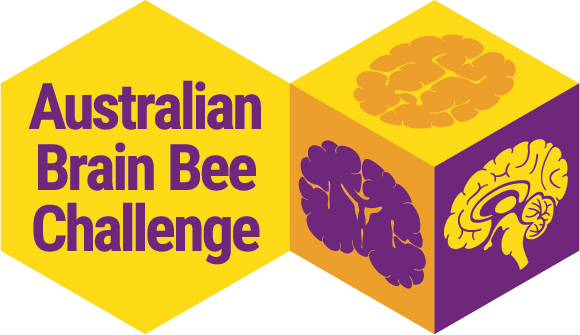You can help progress our research
You don't have to be a scientist to get involved with QBI. We offer a range of opportunities for everyday people to connect and progress our research and discoveries.
The foundation for all of our work is the funding we receive through a range of sources, including philanthropic donations from our generous supporters. There are many ways to give to QBI: directly, through planned giving, or holding fundraising events that entertain or challenge supporters as they dig deep to help us better understand the brain.
We also offer opportunities for students to learn directly from our inspiring researchers through lab placements, and for community members to tour our facilities and attend events. Finally, you can give one of the greatest gifts of all by volunteering for studies to advance treatments and diagnostics for brain diseases and disorders.
How you can support us
What your donations fund
Through your support you are helping QBI solve the major neurological health challenges facing our community today

World leading research

Brightest scientific minds

Solutions to global health challenges
Brain Research Endowment Fund
Find out more Donate to research
QBI’s Brain Research Endowment Fund supports scientists exploring the unknown, which will guide new research on finding cures for diseases or improving quality of life.
Community & school programs

Australian Brain Bee
The Australian Brain Bee Challenge (ABBC) is a competition for high school students in year 10 to learn about the brain and its functions, learn about neuroscience research, find out about careers in neuroscience and to dispel misconceptions about neurological and mental illnesses.
Participate in a research study
By being part of our human research studies you can make a valuable contribution to improving the lives of people living with brain disease and disorder.
Research in action
- There are many types of memory, which can be both conscious and unconscious
- 18 Sep 2018Dr Yee Lian Chew
MRC Investigator Scientist
MRC Laboratory of Molecular Biology, Cambridge, UK van Swinderen Cognitive and Behavioural Neuroscience
Group Leader
Professor Bruno van Swinderen
Professorial Research Fellow - GLQueensland Brain InstituteResearcher profile is public:1Supervisor:Researcher biography:Associate Professor Bruno van Swinderen received his PhD in Evolutionary and Population Biology in 1998 from Washington University in St. Louis, Missouri. His graduate work was on general anesthesia in a Caenorhabditis elegans model, applying both quantitative genetics and molecular genetic approaches. For his postdoc at The Neurosciences Institute (NSI) in San Diego, California (1999-2003), he switched to Drosophila melanogaster to develop methods of studying perception in the fruit-fly model. He ran a lab at NSI from 2003 to late 2007.
In February 2008, Associate Professor van Swinderen established a new laboratory at the Queensland Brain Institute.
Bruno van Swinderen's group use Drosophila as a genetic model system to study mechanisms of perception in the brain abd are interested in three phenomena: selective attention, sleep, and general anesthesia. Their focus is on visual perception and how it is affected by these different arousal states. Most of our current effort is in understanding visual selective attention in the fly brain and how attention processes interact with memory formation. Toward this goal, they use various novel visual paradigms in a Drosophila molecular genetics context.
Body: Professor Bruno van Swinderen: Drosophila behaviour and cognition
Professor Bruno van Swinderen: Drosophila behaviour and cognitionOur long-term vision is to understand how a brain produces subjective awareness. To achieve this long-term goal, we have focussed on understanding three brain states where awareness can be lost: general anaesthesia, sleep, and selective attention. During selective attention, we become unaware of objects outside our focus. How does that work? During sleep, the outside world is more broadly suppressed. Why is this necessary? Finally, during general anaesthesia, a bewildering array of drugs achieve the same, but deeper. By studying these three ways in which consciousness is lost, we hope to arrive at a better understanding on what is necessary for consciousness to exist – in any animal.
Researchers
Research Assistants
Casual Research Assistants
Miss Montana Samantzis
PhD StudentQueensland Brain Institute, UQResearcher profile is public:0Supervisor:Students
Mr Matthew Van De Poll
MPhil Student & Postdoctoral Research FellowQueensland Brain InstituteResearcher profile is public:0Supervisor:Dr Drew Min Su Cylinder
MPhil Student & Casual Research Assistant & Postdoctoral Research Fellow - ANZCAQueensland Brain InstituteResearcher profile is public:0Supervisor:

